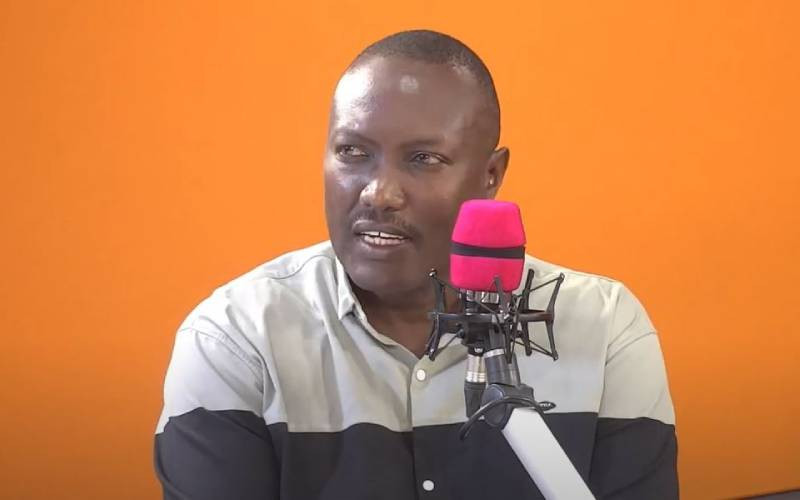×
The Standard e-Paper
Smart Minds Choose Us

Agriculture CS Mithika Linturi has recently found himself in the spotlight as the first Cabinet Secretary to face impeachment in the Kenya Kwanza regime.
Linturi was however exonerated as seven out of the 11-member Select Committee ruled out his impeachment motion, stating that the claims against him were unsubstantiated.







